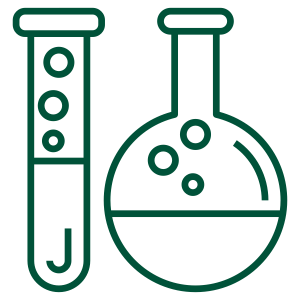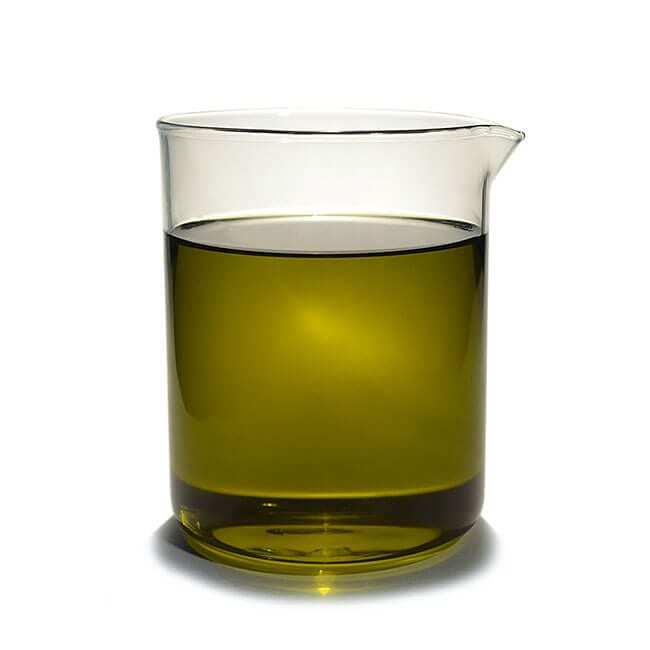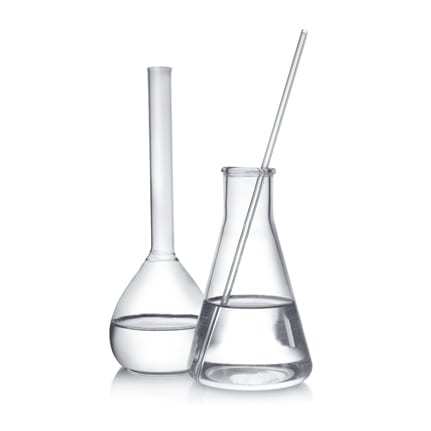Compliance is King
Lab Test Catalog and Display
We integrate your COA to your products so each item sold is batch-trackable.

Dozens of batches blended into multiple products. And you need to keep track of what went where – and be able to display test results for customers, retailers and compliance officers. Our catalog and display system not only keeps your tests organized and in one place, but affixes them to products so that they can be viewed and downloaded with ease.

Every COA is indexed by barcode, batch # or other common, searchable reference. We intake and assign the COA to the products made from that batch of ingredients.

You’ll simply go to the product(s) related to a batch, or use our search function, and you’ll find the COA you’re looking for. From there, you can print it and share it.

Your COA can be displayed directly on a product page. This can be viewed by customers, printed by retailers and accessed easily by compliance officers. Easy COA = trust.
Our Catalog system is build directly into your WordPress-based website so that you can quickly and easily file, store and retrieve lab restults for each product in your database
This allows a user to view your products and find the related lab results based on batch number. The results can be downloaded and saved, which means satellite stores will be able to print the results for their own customers.
We can assign QR codes to each COA as well, so a quick scan brings up the results instantly.
Dozens of lab tests related to batches, dates, products – and you have them at the ready for compliance, retail and resale.
It’s your “Quality Assurance” stamp that proves your product is clean and pure, with accurate dosing and labeling.
The public availability of lab results for CBD products is the single largest differentiator between CBD and other supplements. In most industries, resellers or customers do not expect to see lab results or Certificates of Authenticity (COA). In the CBD industry, the sheer volume of dishonest vendors who create products with low quality CBD or none at all, mold, chemical solvents and inaccurate label claims has forced third party lab results to become a necessity. If you’re interested in learning more about CBD lab tests, how they’re performed, and what they’re required for, read on.
CBD Lab Testing and The Law
Lab Testing was not legally required in the early days of the CBD industry. There were legitimate CBD companies selling real CBD products, but there were also CBD manufacturers who put hempseed oil in bottles and called it “CBD”. Unfortunately, plenty of them still exist on Amazon. To combat this fraud, legitimate CBD brands began employing third party laboratories to verify that their products contained actual CBD and ensured accurate dosage claims on the packaging.
In the interest of maintaining transparency for CBD manufacturers and ensuring consumer safety, CBD Lab testing requirements would later become law in many states. It’s worth noting that in order for a supplement like CBD to be FDA and GMP compliant, this material testing has always been required.
By 2019, more than half of the US states enacted legislation requiring CBD lab testing. Within the last 2 years, these requirements have become nearly universal. The laws specify that CBD and CBD products must undergo testing at state-approved, ISO-17025 certified labs.
The ISO-17025 certification is awarded by the International Organization for Standardization, an independent and respected auditing group. The 17025 certification in particular applies to “Testing and Calibration Laboratories”. Its purpose is to ensure a laboratory can operate competently and generate results that are consistent from batch to batch.
CBD Lab Testing is an opportunity for you to prove that your products are of the highest quality standards while remaining true to your branding.
The specific lab tests that need to be performed can vary by state – maybe even county or city if the compliance officers force the requirements. Some states require tests that measure for heavy metals and microbiological contamination, whereas others leave the minimum requirement at cannabinoid testing (CBD levels). Nearly all reputable labs use some version of HPLC – High Performance Liquid Chromatography – for their testing procedures. This technique is widely agreed to be the most accurate for testing cannabinoid products.
Here are the most common lab tests in our industry:

Most states’ hemp laws do not explicitly require any sort of raw material testing when it comes to your ingredients. However, they often do require these tests be performed on the hemp crop itself before and at harvest time.
Any GMP compliant manufacturer is obligated to perform identity and contaminant testing on their raw materials prior to allowing them into production. This is an extra level of diligence and safety that you can’t expect from any manufacturer lacking their GMP certification.
We take a batch number, test number of other common identifier on your COA and can apply to every product that contains that batch of ingredients. These results can be available directly on your website product pages, allowing your customers or compliance officers to match the bottle in their hands to the accurate result. This traceability leads to increased peace of mind for your clients, and less redundant document hunting for your team.
Each certificate also includes a QR code, so that your clients can scan it and view the master copy of the result directly on the lab’s website. We can integrate that QR code to your system/website. Many states now require product labels to have a QR code linking to lab results as well. We can get it all integrated and streamlined.
